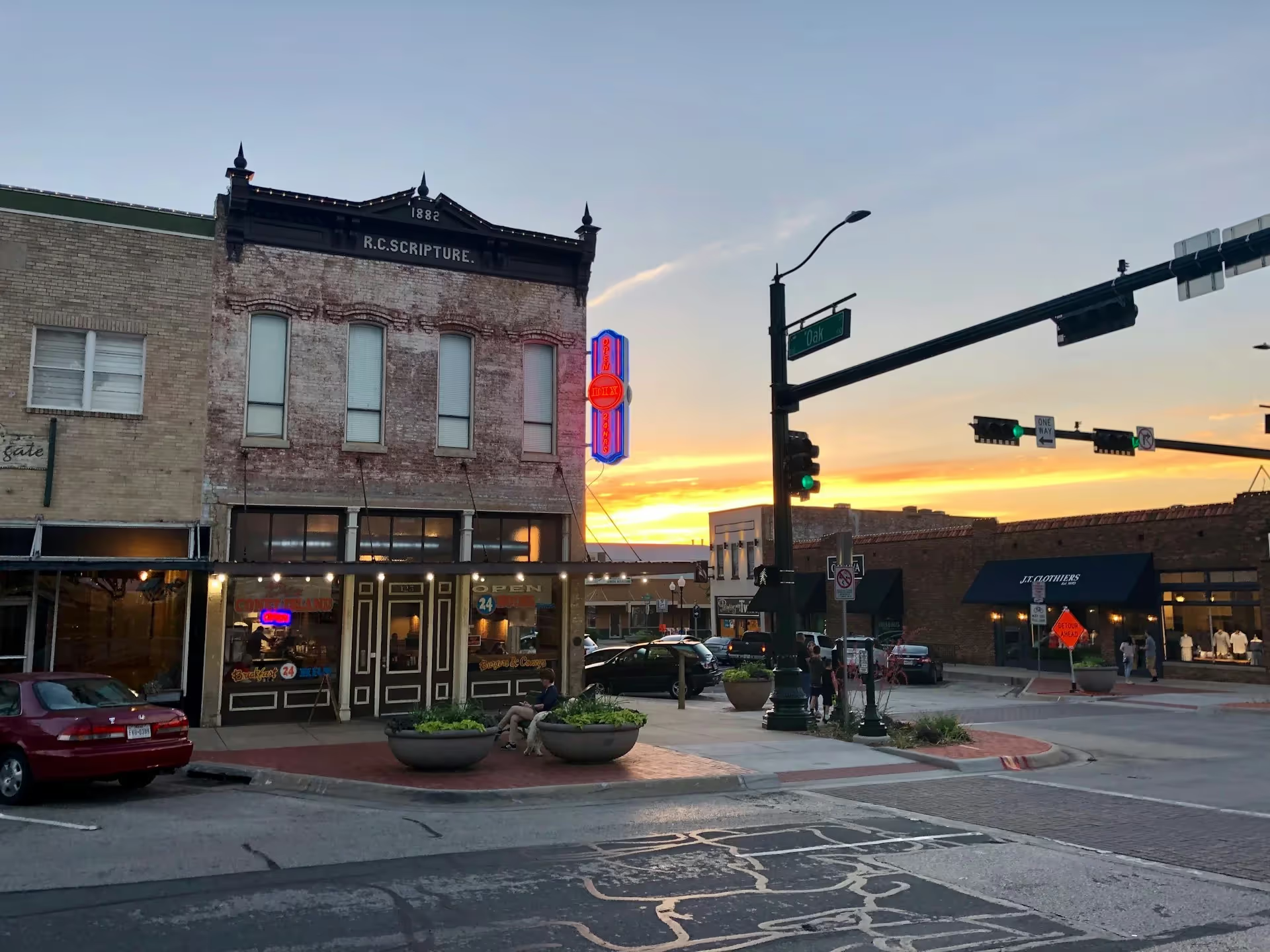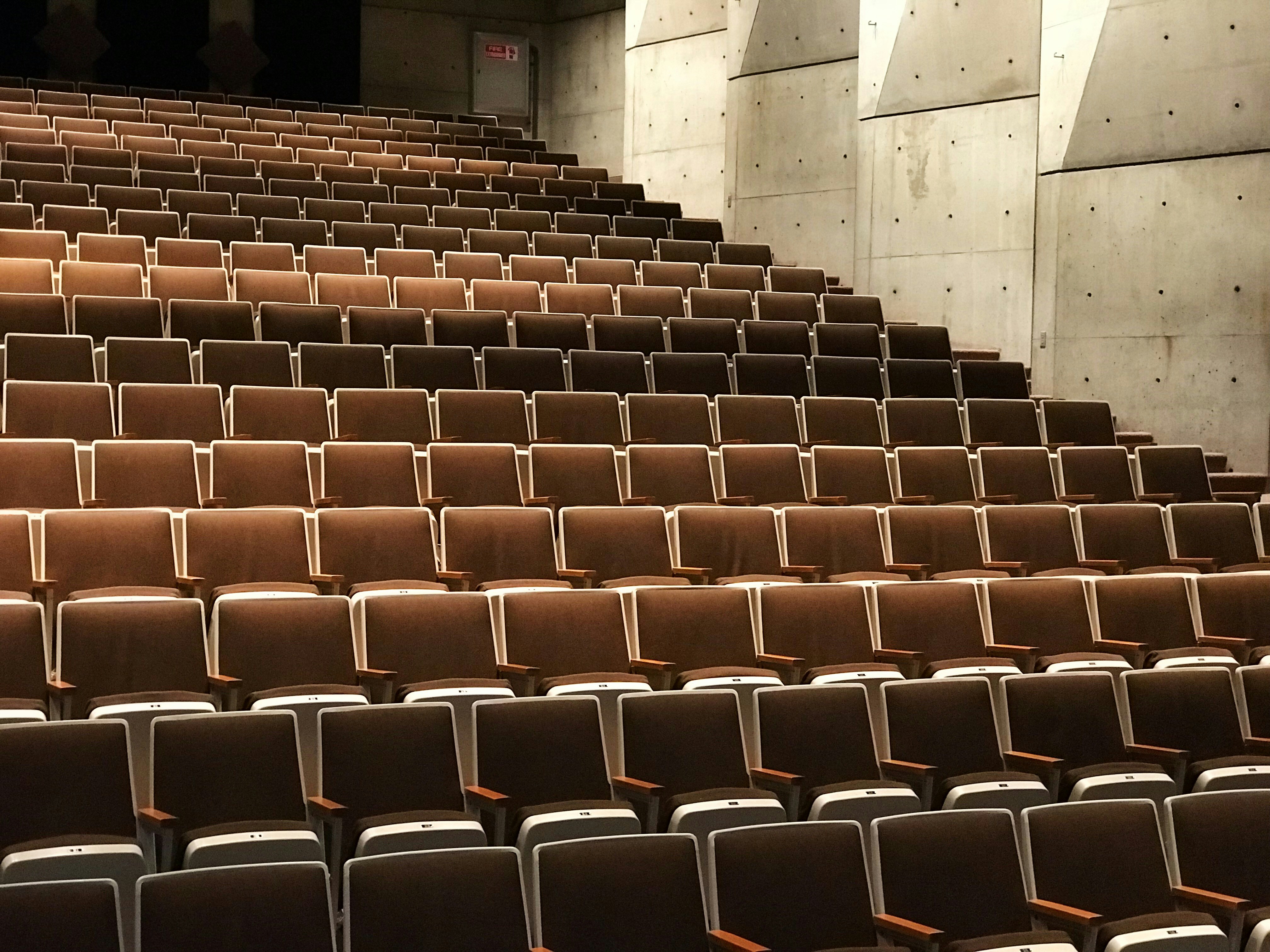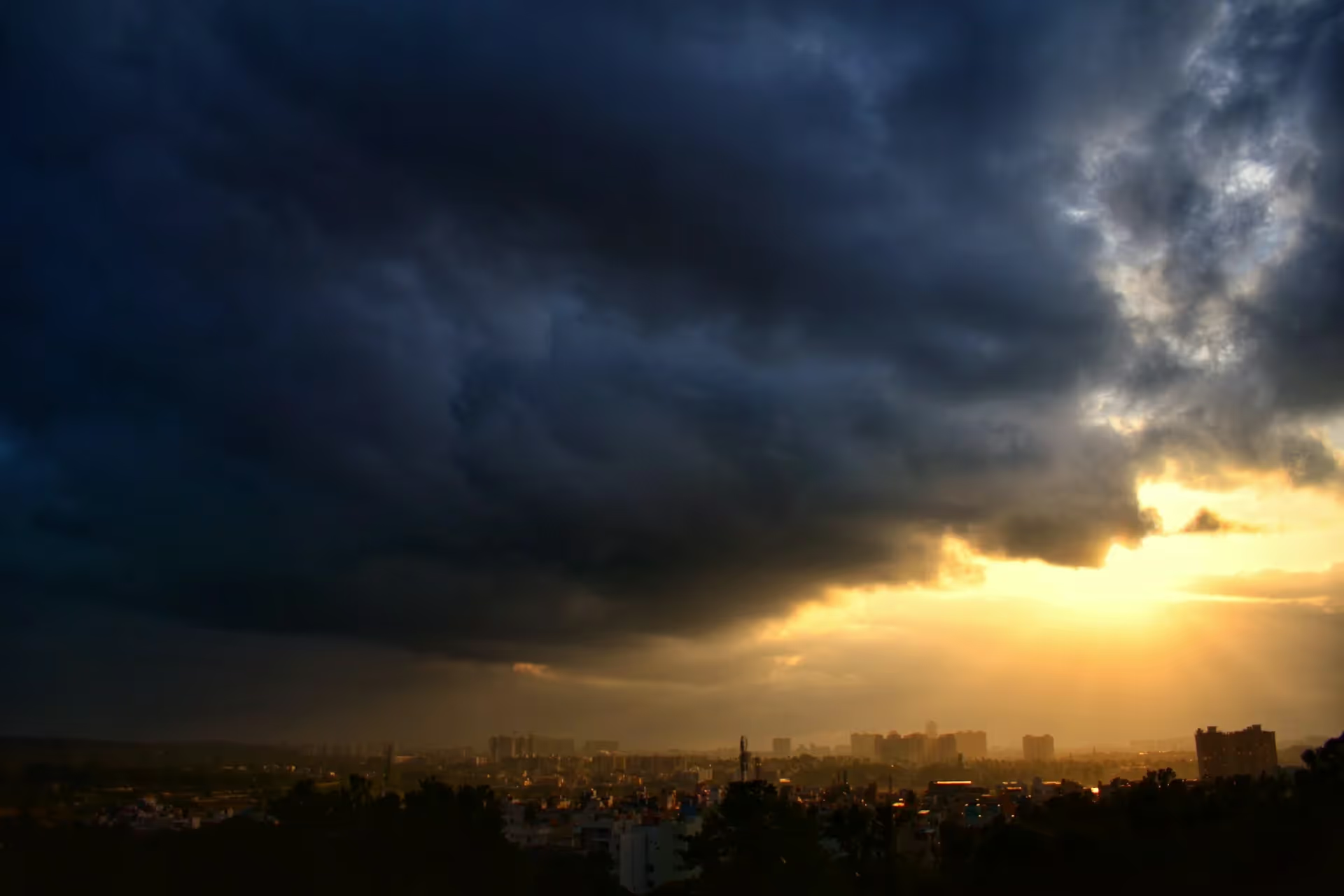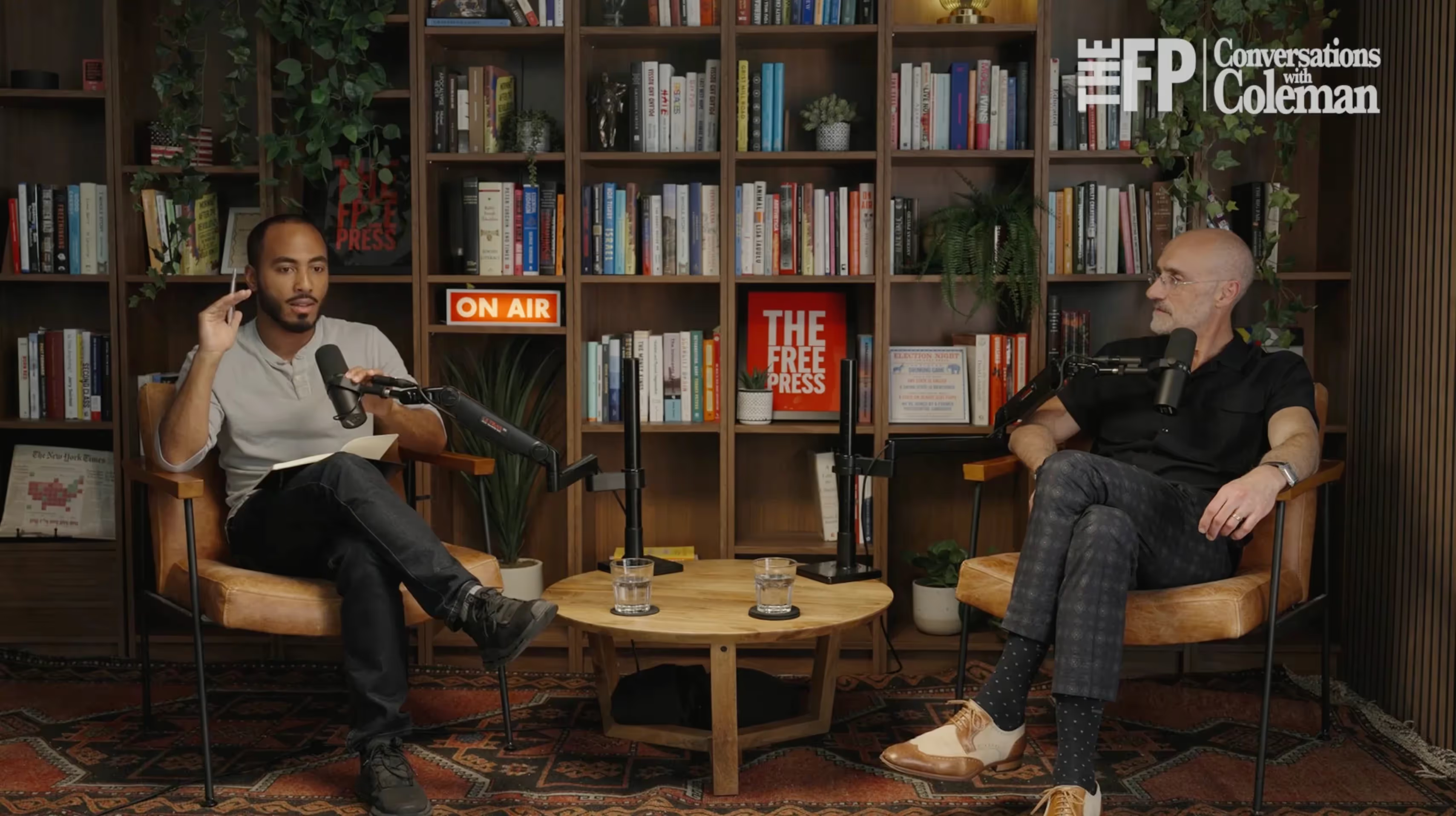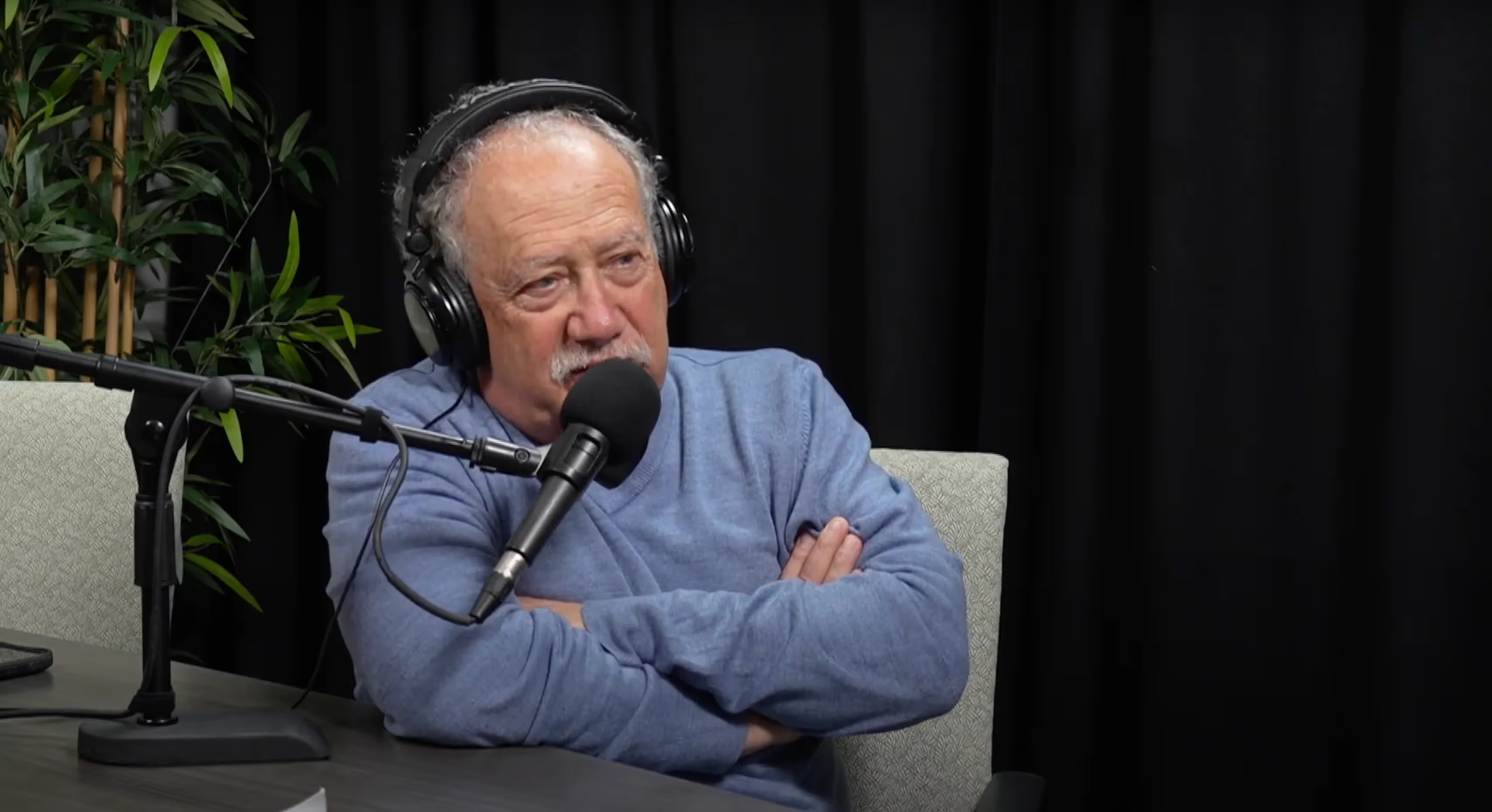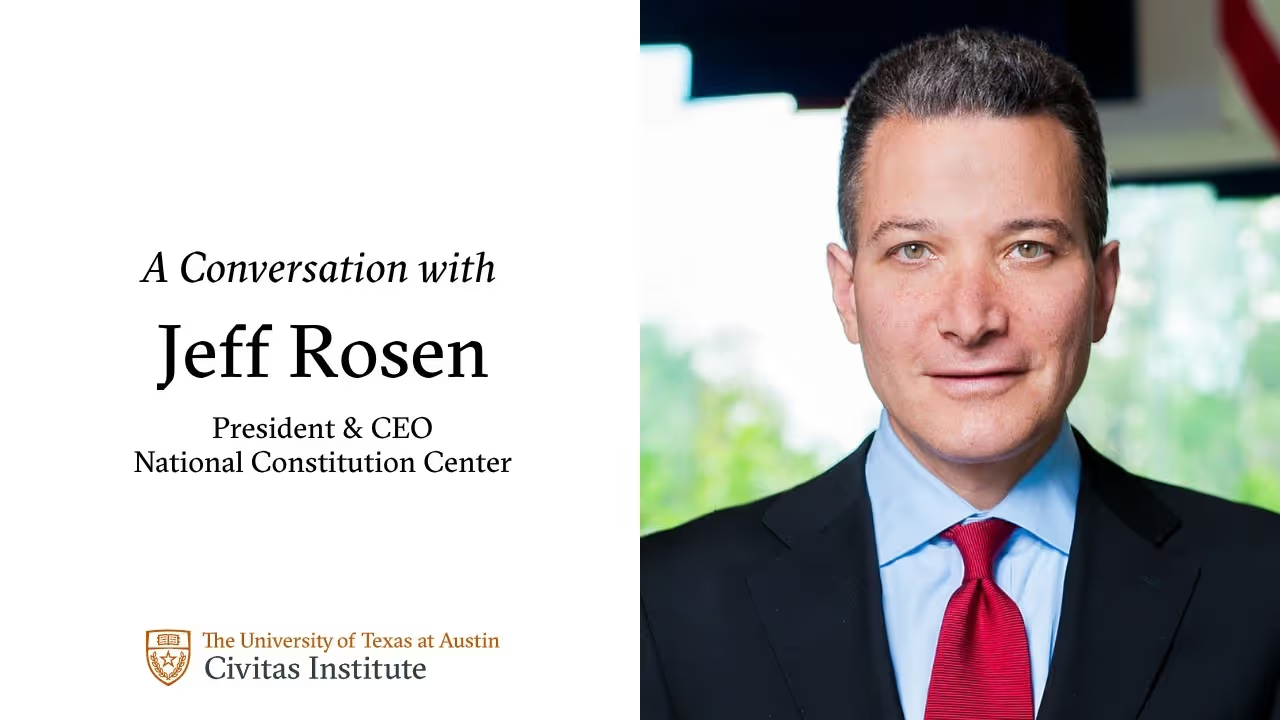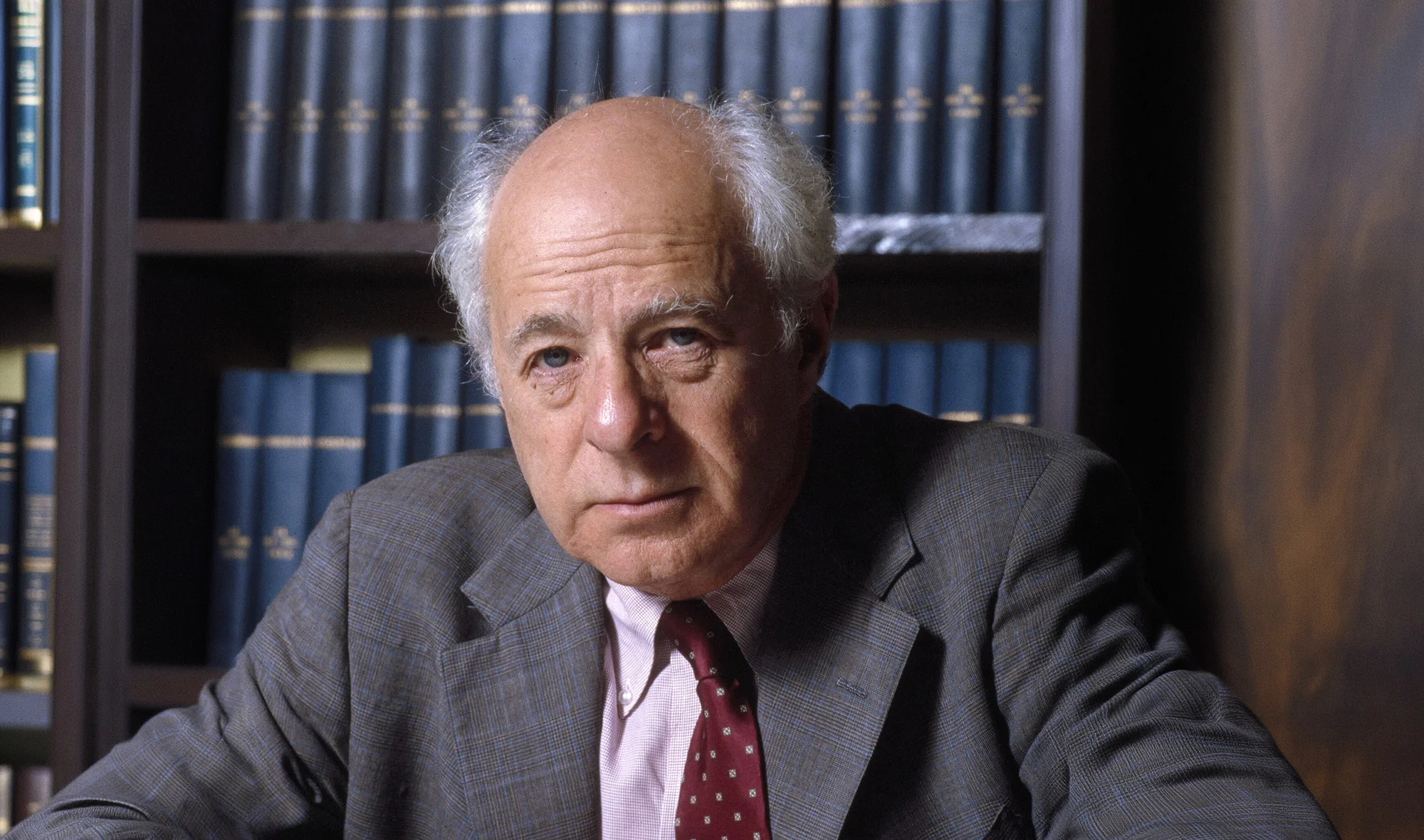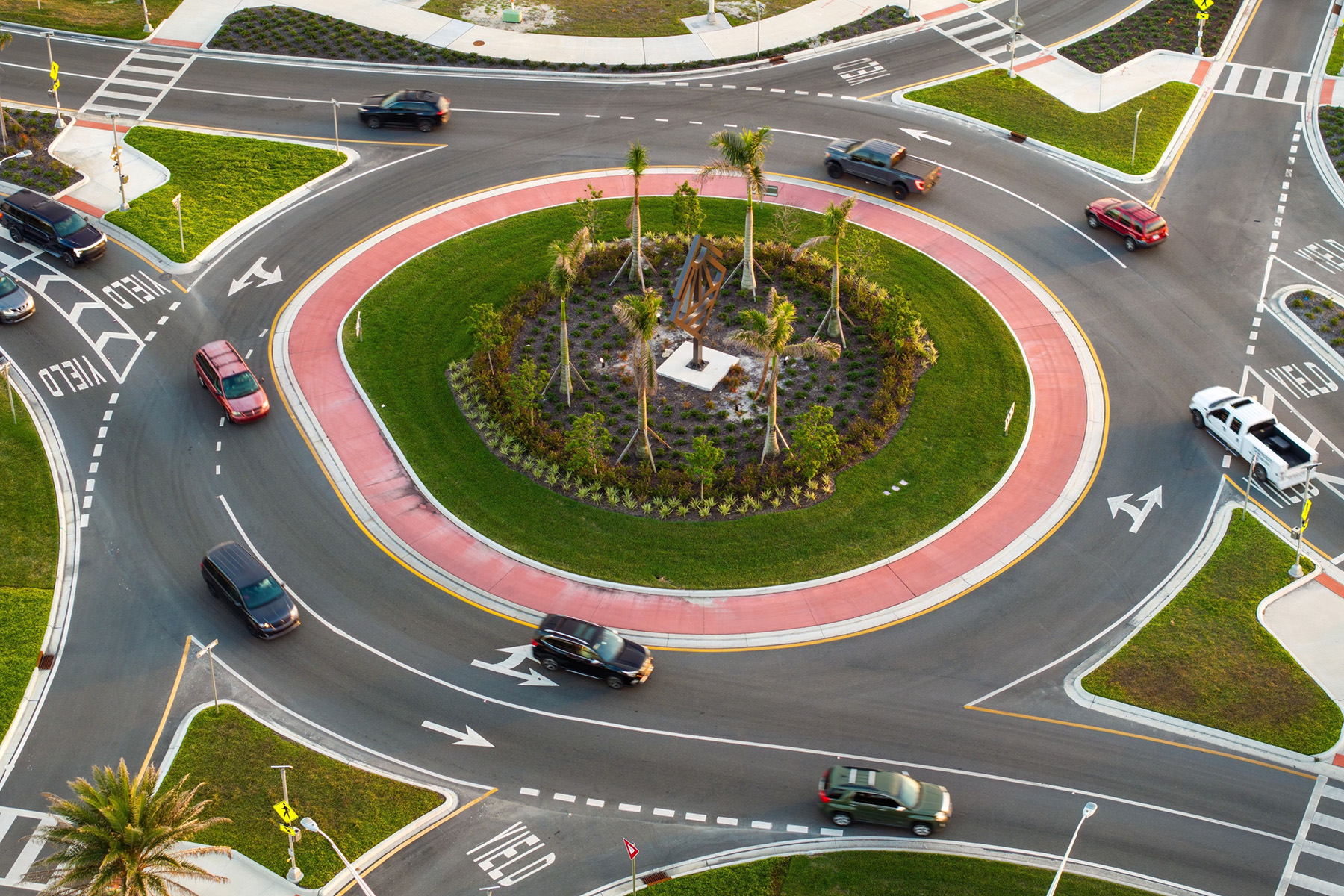
Tech Bros Have Stolen Austin’s Soul
Remote work is transforming downtown.
It looms, all glamour and glass, like a strange Wellsian monster. Floor by floor it comes, casting the Colorado River in shadow as it goes. By the time it’s finished, sometime next year, it’ll be the tallest building in Texas, at 74 storeys beating Houston’s JP Morgan Chase Tower by almost 20 feet. Yet even more than its scale, it’s the amenities at the Waterline Apartments that really impress.
This, after all, is a place that promises a new Austin, one, its marketers say, that offers “serenity in the sky”. There’ll be restaurants, and retail, and a hotel complete with swimming pool and spa. Far from a repeat of The War of the Worlds, then, the Waterline speaks to another H.G. Wells fantasy, one the writer envisaged as “a great gallery” where people could meet and live in harmony. Nor is it alone. There are 13 similar high-rises coming right across Austin, as its population rises and GDP soars.
This emerging urban Austin, a place of towers and cocktail bars, is fundamentally different from the established centres of the East and Midwest. In beehives like Wall Street or The Loop, office workers historically came in to work, then retreated back to the suburbs each night. Downtown Austin, though, puts residents at its hearts, focusing less on offices and more on lifestyles. Yet if that means amenities galore, this tidy vision risks redefining American cities for the worse — even as the old problems of urban dysfunction always loom.
Pursuit of Happiness
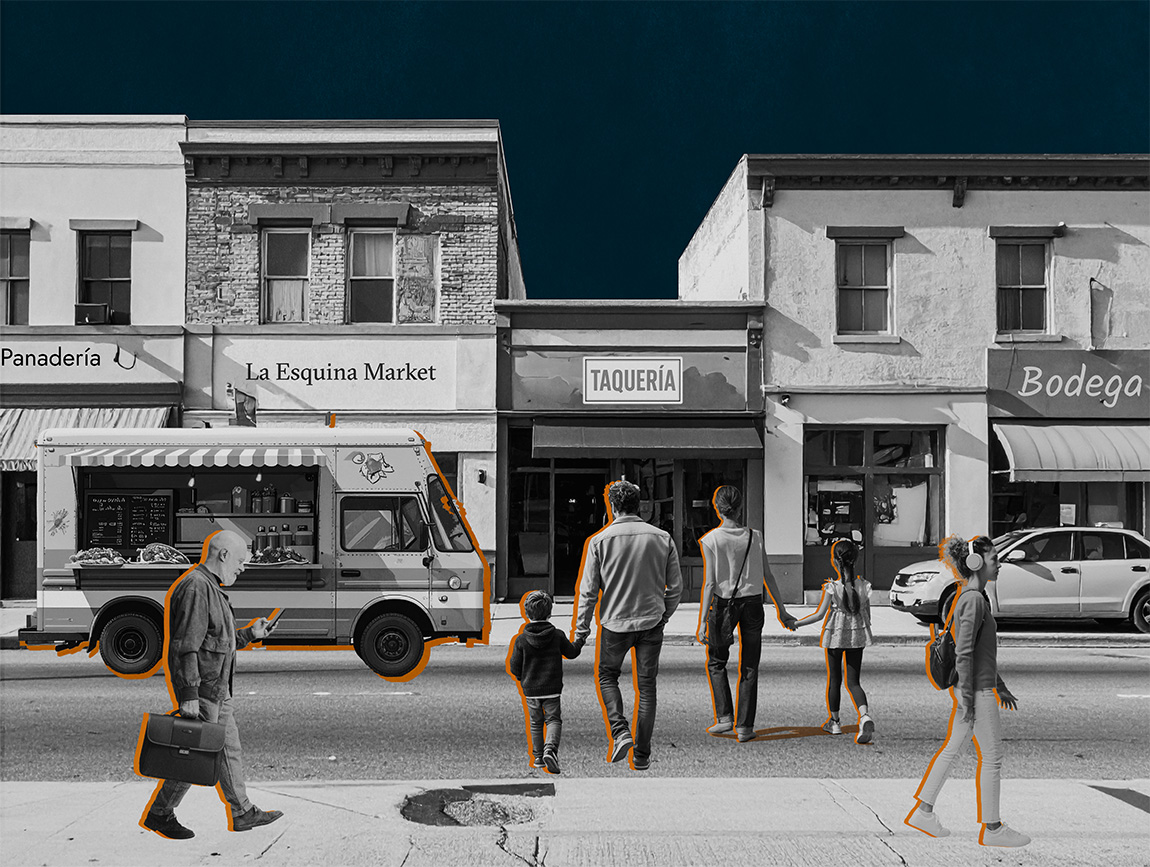
The Rise of Latino America
In The Rise of Latino America, Hernandez & Kotkin argue that Latinos, who are projected to become America’s largest ethnic group, are a dynamic force shaping the nation’s demographic, economic, and cultural future. Far from being a marginalized group defined by oppression, Latinos are integral to America’s story. They drive economic growth, cultural evolution, and workforce vitality. Challenges, however, including poverty, educational disparities, and restrictive policies, threaten their upward mobility. Policymakers who wish to harness Latino potential to ensure national prosperity and resilience should adopt policies that prioritize affordability, safety, and economic opportunity over ideological constraints.

Richard Epstein on Roman Law and Sociobiology
How and why Roman law worked, how it eventually fell apart, and sociobiology as a way to explain the foundations and limits of legal norms.

The Original Sin of U.S. Health Care
As long as most Americans receive health insurance as an invisible, employer-managed fringe benefit, health care will remain expensive, opaque, and unresponsive.
.jpg)
The False Equivalence of Multicultural Day
Parents have an affirmative obligation to reinforce patriotic values and counter the narratives that are taught in school.


